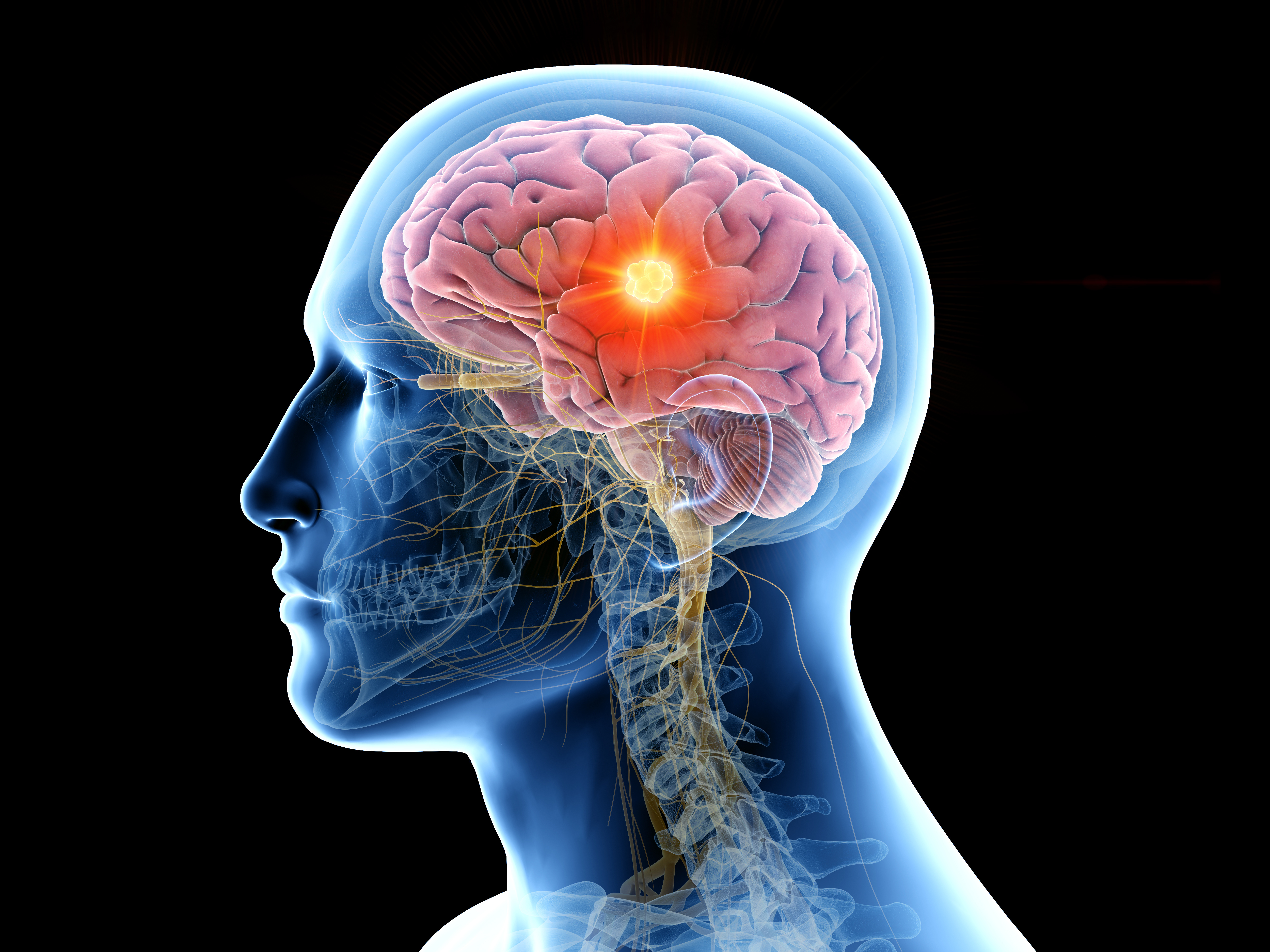

This summary provides information about the role of different parts of the brain and how alcohol affects their functioning. In fact, many characteristics of adolescence, such as mood swings, may be, in part, a result of brain development. For example, parts of the brain that help teens make decisions, regulate emotions, and control their impulses are still forming. New findings, however, have shown that during the teen years and into a person’s twenties, important changes are taking place. Researchers used to think that development only took place during the first few years of life. Scientists now think that in some parts of the brain, cells can regenerate, or come back.Īnother idea about the brain that is changing is the time it takes to develop. Because it can touch brain cells directly, it is sometimes said that “alcohol kills brain cells.” Scientists used to think that once brain cells die, they can never come back, but new research says that this may not be true. This means that it can move from circulation in the blood into the brain cells. Alcohol can damage or even kill neurons, perhaps changing development of those parts of the teenage brain that are still developing.Īlcohol is able to penetrate the brain because it can cross the blood brain barrier. Each makes tens of thousands of connections. The brain is made up of more than 100 billion neurons. If alcohol abuse runs in your family, then you are at greater risk for having problems with it, too. Your size, weight, and gender play a role, along with your genes. How much, and how fast, a person drinks are important, as is whether other drugs, such as marijuana, have been taken. Here are a few:Įxactly how much brain activity slows down depends on a variety of factors. But there are many indications that the brain is slowing down.

That's because the first areas affected by small amounts of alcohol are those involved in inhibiting behaviors, which can cause an increase in animation, an increase in talkativeness, and greater sociability. Does this surprise you? People often think that alcohol is a “pick-me-up” experience because it causes drinkers to become more animated and less reserved. That means that alcohol makes nerve cells in the brain less excited, causing them to slow down. The skull protects the brain, and the spine protects the spinal cord.Īlcohol is a depressant of the CNS. The most important parts of the CNS are protected by bones. The CNS includes the brain, the spinal cord, and the nerves that come from it. The CNS is responsible for taking in information through the senses, motor function, thinking, understanding, and reasoning.

Let's find out more about the effect that alcohol has on the nervous system and the brain. Once alcohol touches these cells, they are changed, resulting in changes in behavior.

That's because alcohol can pass through the blood-brain barrier, reaching neurons directly. What happens to the CNS after drinking? While all body systems feel the effects of alcohol, the CNS is particularly sensitive. The peripheral nervous system, which includes neurons, forms a network that carries information to the neck and arms, trunk, legs, skeletal muscles, and internal organs. The CNS is made up of billions of neurons, or nerve cells, in the brain and the spinal cord. The brain is part of a body system called the Central Nervous System, or CNS. There is even a part of the brain that makes sure that vital life processes, such as breathing and maintaining a regular heartbeat, go on, even when you are asleep. The brain can process information gathered through the five senses-seeing, hearing, smelling, tasting, and touching. It enables you to run and play, learn new facts and ideas, and feel a wide range of emotions.


 0 kommentar(er)
0 kommentar(er)
